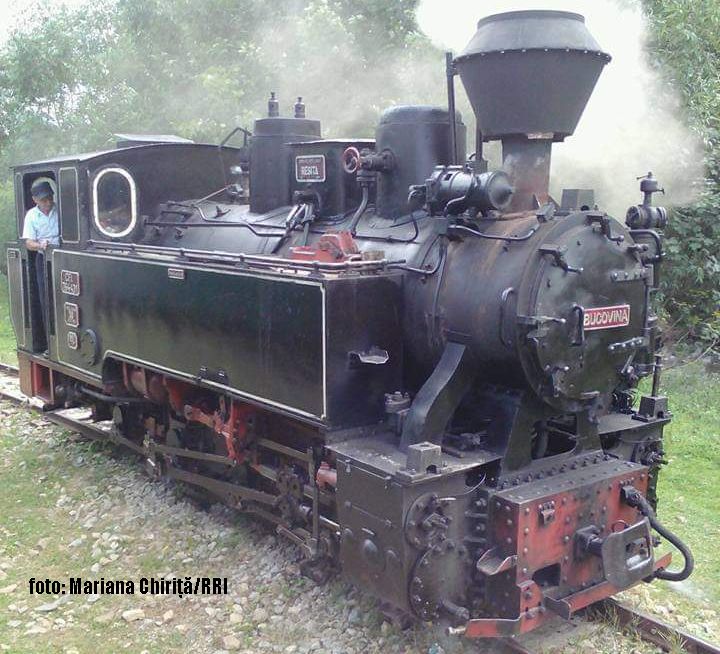Pro-British lobbyists in communist concentration camps
After the communist regime came to power in 1945, Romania came under pressure from the USSR and its Red Army to turn its back on the West.
Christine Leșcu, 03.08.2013, 14:25
This implied, among other things, that people connected to the West automatically became suspicious in the eyes of the new regime and kept under close surveillance by the political police called the Securitate. This was the case with several Romanian employees of the Western diplomatic missions in Bucharest in the 1950s. In the following minutes, the historian Dennis Deletant, a professor of Romanian studies at the London University and a visiting professor at the Georgetown University will tell you how local employees of the British legation in Bucharest became victims of communist reprisals.
Dennis Deletant: “A number of employees of the British press office were arrested in the summer and autumn of 1949, including cashier Constantin Mugur, Annie Samuelli, assistant to the head of office, Mugur’s assistant and cousin to King Mihai, Eleonore Bunea de Wied, librarian Maria Golescu, press officer Angela Radulescu, as well as two translators, Ion Vervoreanu and a lady called Kremnitzer. Their trial was given wide coverage by the communist media at the time as a means of intimidation. On April 28th 1950 the defendants were found guilty and given prison sentences. The other members of the group were Annie Samuelli’s sister Nora, who worked for the US Information Service and the New York Times correspondent to Bucharest Liviu Nasta. Mugur received a forced labour life sentence; Annie got 20 years in a forced labour camp, while Nora and De Wied had to serve 15 years also in labour camps. Nasta was sentenced to 20 years forced labour as well. Golescu served two years in Jilava prison after which she was sent to a prison camp in Mislea, where she remained until June 1956. Then she was transferred to a prison in Miercurea Ciuc, and she was granted amnesty in June 1962 while she was there.”
These kinds of arrests continued with some of the Romanian employees of British and American diplomatic missions. There were even cases when the Securitate abducted people in the middle of the street. Dennis Deletant has more on the reaction such cases triggered among British diplomats.
Dennis Deletant : “I have to mention that the legation repeatedly called on the Romanian Foreign Ministry to discuss these arrests, although under international law, the Romanian state had priority over its own citizens. This was in fact the reason invoked by the Romanian ministers who rejected the British interventions. Nevertheless, the diplomatic correspondence contains detailed information about the efforts made to find out what was happening to the local employees who had suddenly vanished.”
Although the bail was not authorised by the British Foreign Office, diplomatic efforts for the release of those abusively arrested by the communists carried on for years, albeit to little avail. It was the diplomats who eventually came up with a solution to solve the situation of their local employees and take them out of the country. Dennis Deletant has more on this strategy.
Dennis Deletant : “It was the oil company Shell which employed the services of Henry Jakober, a British businessman who had commercial ties with Romania. He was known to have acted as a go- between for the Romanian authorities and Western citizens who paid the Romanian state in exchange for the release of their relatives and friends. The ransom would range, depending on the prisoner’s status, between 4,000 and 6,000 US dollars. The procedure went as follows: they would first contact Jakober at his address in London and give him the name of the person to be released from prison. Jakober would then contact the authorities in Bucharest, who would set a price. The money was to be deposited in Jakobers’ account at Credit Swiss Bank in Switzerland. The Romanian authorities were to receive the money only after the person in question set foot in the West.”
All the political prisoners were eventually released, though no one can say for sure whether it was the British intervention that made the release possible or the general amnesty of 1962.






























